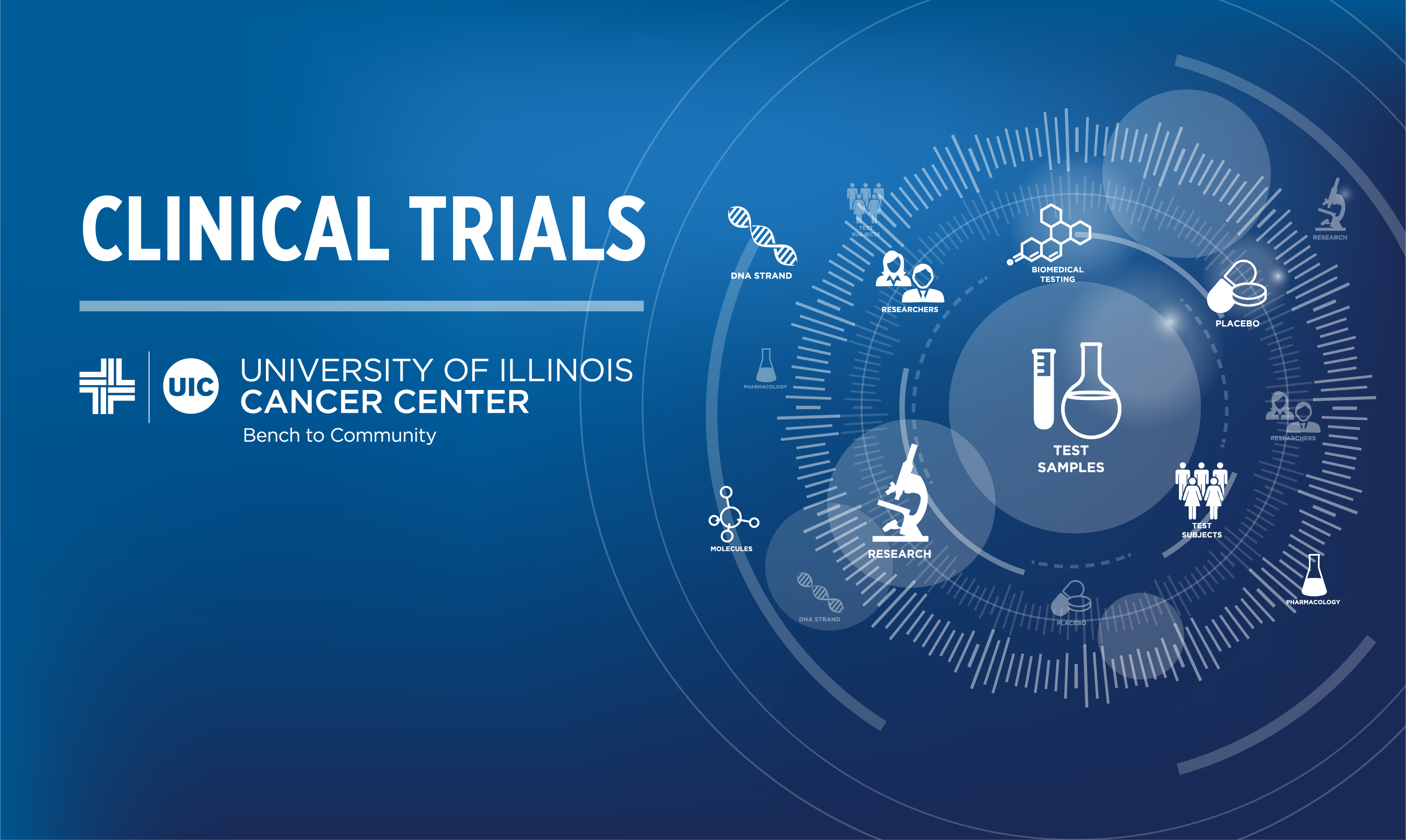
Every day, adults lose about 50 to 70 billion cells because of a process called programmed cell death, or apoptosis.
Apoptosis is a type of cell death that involves a series of steps. As a method your body uses to get rid of abnormal or unneeded cells, and make room for new ones, apoptosis is important for your body to function properly.
The process plays a role in cancer progression. Normally, apoptosis prevents cancer cells from moving throughout the body. However, if cancer cells can evade apoptosis, they can continue to divide and spread.
Behind the Scenes of Apoptosis
A protease is an enzyme that is vital to a cell’s health. It is involved in many processes, such as processing hormones and cell proliferation (increase in the number of cells as a result of cell growth and division).
Caspases are a family of proteases. One type of caspase is caspase-3, which is a catalyst for a key part of the apoptosis process.
Levels of caspase-3 are low in many tumors, including:
- Glioblastoma
- Lymphoma
- Neuroblastoma
- Melanoma
- Cancers of the breast, colon, lungs, or liver
Low levels of caspase-3 can disrupt apoptosis in patients with cancer, allowing the cancer to progress.
Here’s Where Our Research Comes In
There is a precursor to caspase-3 called procaspase-3. When procaspase-3 is converted to caspase-3, it results in apoptosis — even in patients with advanced cancer.
While caspase-3 levels may be low in some cancers, procaspase-3 is actually elevated.
Phase I Study of Procaspase Activating Compound-1 (PAC-1) In The Treatment of Advanced Malignancies, PI: Oana Danciu, MD
Our study assessed the use of Procaspase Activating Compound-1 (PAC-1). PAC-1 is a drug that activates the conversion of procaspase-3 to caspase-3, resulting in apoptosis.
The goal was to determine the maximum tolerated dose (MTD) of PAC-1 alone in patients with advanced cancer, as well as the MTD of PAC-1 in combination with the medication temozolomide in patients with high-grade glioma. The determination was made by evaluating the toxicity and tolerability of PAC-1.
We enrolled participants (ages 18+) who had:
- Advanced solid tumor or hematologic malignancy (limited to lymphoma) that had failed or become intolerant to standard therapy, and the median expected survival in participants was less than 12 months, or
- High grade glioma: glioblastoma multiforme (GBM) or anaplastic astrocytoma after progression following standard first-line therapy
Participants were enrolled from UI Health and our partners in the study: HealthPartners – Regions Hospital Cancer Care Centers and Sidney Kimmel Comprehensive Cancer Center at Johns Hopkins University.
Results are pending, following publication of this study.
This study was funded by Vanquish Oncology, Inc.
UI Cancer Center’s Commitment
At University of Illinois Cancer Center, we are committed to performing research that will directly impact our patients and community.
This study was focused on advanced cancers — and a higher proportion of UI Cancer Center patients come to us with advanced disease than the overall population.
